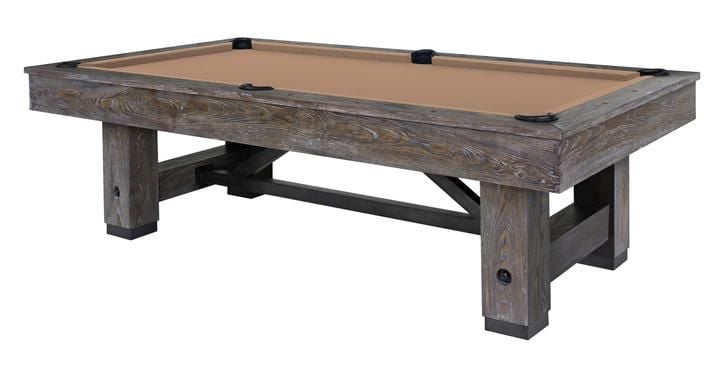
Pool balls are used in billiard games. They can be made of many different materials, but they are most commonly made from phenolic. Phenolic is a mixture between formaldehyde, phenol. These two compounds have a reputation for being durable and resistant to scratching. This mixture is also highly resistant to heat. The resin will start to yellow when exposed to the sunlight.
The first type of pool balls were made of wood. These pool balls were strong but would crack as they grew older. Leo Baekeland a chemist invented a new, non-flammable plastic compound in the 19th Century. This material was soon called bakelite and it quickly replaced wood in the production of pool balls.
It took a lot of time to make pool balls. The ball development process took a long time. You could also cut a ball in half if you wanted to know what inside. Ultimately, the balls had to be molded under high pressures.

Other inventors experimented with chemical substances to create pool balls after the first version of bakelite had been developed. These inventions were pioneering moments for the synthetic plastics industry.
While phenolic resin is an excellent choice for pool balls, the price is higher than its polyester counterpart. If you don't mind spending a lot on pool ball, then the polyester alternative might be the best for you. The polyester option won't last as long as the phenolic resin.
The process of making a phenolic phenolic resin ball takes around 23 days. Every step of the manufacturing process has been thoroughly checked to ensure it is free of any impurities. Additionally, phenolic resin balls can be stored in lower temperature spaces than polyester balls. They are also more durable than polyester balls and can be stored for longer periods of times.
Aramith is one of the largest manufacturers of phenolic resin pool balls. The balls made from phenolic resin are durable and will retain their shine for up 40 years. They are also cheaper than polyester balls. If you are looking for a higher-quality set of balls, the Aramith Premier includes superior resin technology.

Iszy is another pool ball manufacturer that uses both phenolic resin and polyester resin. These pool balls are more affordable than phenolic but they don’t keep their shine as long. Polyester balls are also more likely to fade and create burn spots on your table. However, they are still a great option for beginners.
Predator Arcos also manufactures phenolic resin balls. They use a proprietary chemical mixture to create them. These balls are also more dense because they have been through-hardened. You can also choose the Iszy marble swirl set if you want to spend less.
Many companies have attempted to duplicate the ivory billiard ball experience. However, ivory material is no long available. Modern pool balls are made from a combination of formaldehyde and phenolic resin. Currently, 85% of the pool balls in the market are phenolic.